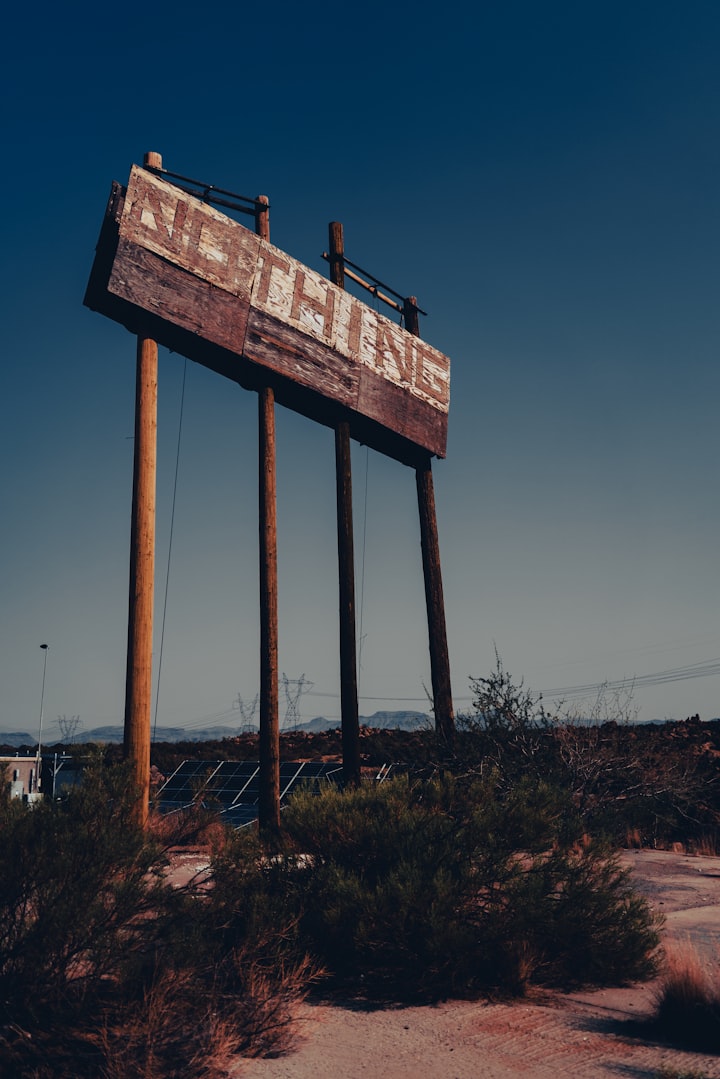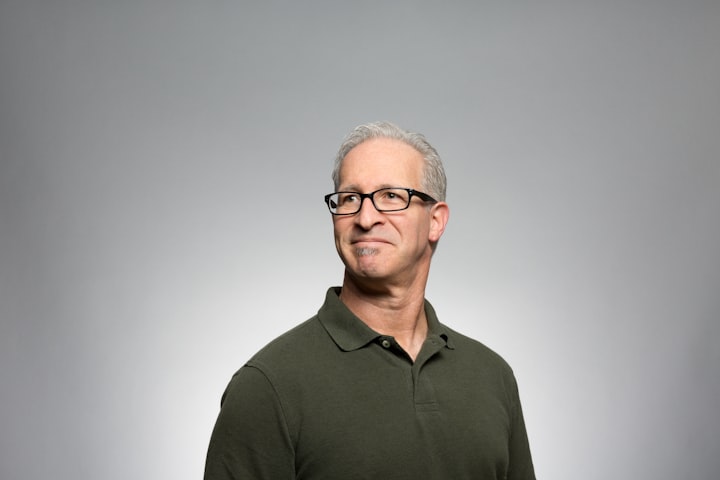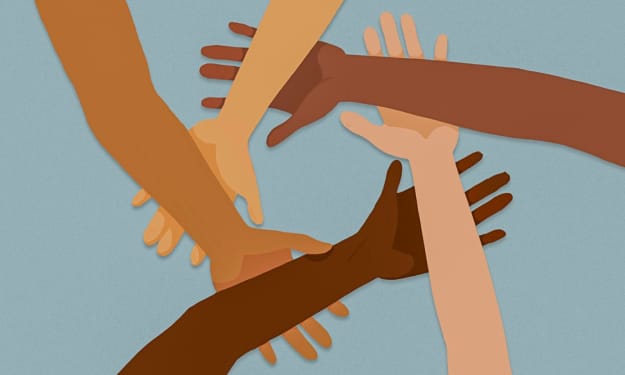From Dieting to Dealing with Conflict: When Doing Nothing is the Most Effective Action
Embracing the counterintuitive power of inaction

I have noticed that when people first go on a diet, they often start by buying “diet food”; low calorie snacks, vegetables, almond milk, rice cakes, whatever. I can understand why, it’s a statement of intent, I’m buying this food to show the world, and myself, that I’m dieting.
The trouble is, this mindset immediately focuses on eating.
The better thing to do is to not eat, not to buy the snacks, just eat less. Fast. You can’t eat your way to weight loss.
But we do this because we don’t like to “do nothing”. We often feel as if we need to proactively get to work to make something happen.
Here’s another example. I have a bad back. It’s crept up on me over years of denial and ignoring the pain until I had to admit I had a chronic back condition.
After a lot of research, visits to the physio, and painkillers, I’ve stumbled across a protocol of stretching and resistance training that seems to be slowly improving.
This means I have now become obsessed with training and stretching my back and I often overdo it and make it worse.
Much like the dieters trying to eat their way to weight loss, I am trying to exercise my back to health.
The better thing to do is nothing. Let it rest. Recover. Heal.
Of course, the more nuanced answer to dieting, or bad backs, is to do something as well as nothing. Vegetables and salads will help you lose weight, correct stretches will help a bad back.
But we always jump to the action, the doing, when doing nothing is just as effective in the right doses.
How many times have you argued with your partner, or a friend, and then tried to apologise ten minutes later only for it to flare up again?
You wanted to put the fire out but you were still angry, and so were they. You didn’t like the feeling of the anger, the frustration, the loss of connection with someone you care about, so you actively sought to fix it by apologising, only to fan the flames of conflict once more.
The better thing to do would have been to do nothing.
Not even think about it. Let it go. Or at least, let the feelings of anger and upset stir in you until they quell themselves.
Doing nothing seems passive, it seems almost cowardly or lazy in some cases, but it is often the wisest choice.
I perform stand-up comedy and I have a constant need to talk or make noises and gestures to fill in the gaps between jokes. I’m so used to filling in quiet gaps in conversation from years of dealing with social situations that I’ve carried it on stage. But sometimes when I struggle to remember my next bit, or it’s my final joke, so there is unintentional space after a punchline, it gets a bigger laugh or a second laugh.
Filling in the gaps is me actively seeking to do something when of course, doing nothing is the answer.
A joke needs to breathe and be digested. So do most things in life.
Slow down, don’t make reaction your first response, let “do nothing” be your first response instead. Let yourself breathe.
A lot of therapy and emotional breakthroughs are about doing nothing. Sure, some therapy is talking, but the vast majority is about emotionally digesting what’s been discussed.
It is important we have time for reflection.
How often do we leap onto our phones in the morning? How often do we plunder Netflix at night, or drink half a bottle of wine and have a takeaway?
Much of the pleasure-seeking we partake in is really escapism because doing nothing scares us. Distract yourself from your thoughts at all costs, that’s the thinking.
I once told a friend I did 10 minutes of meditation and was proud that I managed it. He laughed at the small amount of time, but I suggested he try it, as 10 minutes of doing nothing is actually incredibly difficult for most people. It is for me.
That is how distracted we are. That is how brainwashed we have become to act and react at any and all stimuli.
I heard a man on a podcast speaking about the power of not reacting to insults and verbal abuse.
He said if someone calls you a name, or insults you, if you react, it becomes part of a wider argument, a conversation. You validate the insult by reacting to it.
If, however, you do not react, he explained the insult just sits in the air, hanging there, you will not accept it and it will sink back to the person who threw it out there.
And this works. I have done it myself. If someone says “You’re a fucking idiot” and you do nothing, that insult has not been accepted and it swims around the room, causing a pregnant silence, it is almost a spell that needs to be broken such is the tension. Often, the insulter will actually say more, either double down, or back down, either way, you are spiritually clean in this exchange simply by doing nothing and they are sullied by their own words and temper.
Silence, contemplation, and meditation are foundations of every religion and spiritual practice we know. There is a reason. Doing nothing is often the right answer, the right action, the correct response. Even if you are lost, confused, and need guidance, doing nothing can bring these answers forward.
Do nothing. Because often, it can be everything.
About the Creator
Jamie Jackson
Between two skies and towards the night.






Comments (1)
Think I need to hold this lately.